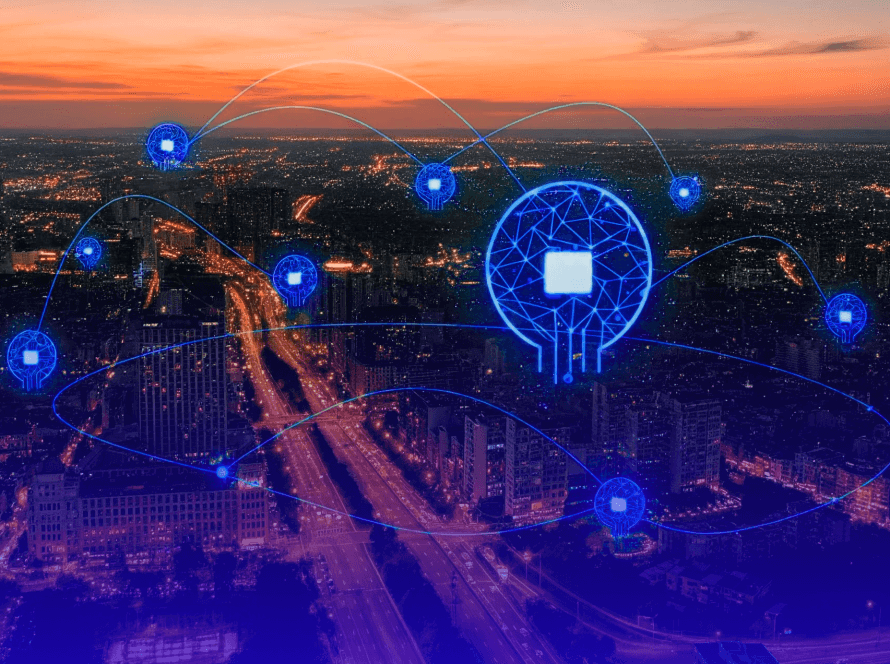In recent years, Pegasus, a surveillance software developed by the NSO Group, has become synonymous with controversy on the global digital scene. This advanced tool, capable of hacking into devices without the consent of its users, has brought up fundamental debates about privacy, technological ethics and cybersecurity. Furthermore, as dependence on digital technologies grows, the impact of software like Pegasus highlights regulatory gaps that can compromise human rights and democratic principles.
In this context, balancing innovation and ethics has become a central challenge for governments, organizations and cybersecurity companies. Therefore, ensuring that surveillance tools are used responsibly is crucial to preventing abuses, preserving individual freedoms and promoting global digital security.
The impact of surveillance technologies in the digital world
The proliferation of surveillance technologies such as Pegasus has consequently reshaped the digital world, raising tensions between public security and individual rights. Although often justified as solutions to combat organized crime and terrorism, these tools have been widely criticized for their misuse, particularly in the unauthorized monitoring of journalists, activists and political opponents.
- Ethical and legal risks: Tools like Pegasus cross borders by hacking into devices without consent, violating fundamental rights. According to Citizen Labactivists in countries such as Mexico and India have been unlawfully monitored, raising concerns about the impact of these practices on emerging democracies.
- Market reaction: Companies like Apple and Google have invested in solutions to mitigate the risks of spyware. For example, iVerify, cited by Wired, which helps users identify possible intrusions and protect their devices from malicious software. In this way, these initiatives show how the cybersecurity industry is reacting to the growing threat posed by surveillance technologies.
- Ethical and political implications: The impact of these tools goes beyond the technological sphere. That’s why it’s crucial that governments and human rights organizations actively participate in creating regulations that guarantee a balance between innovation and ethics.
How has Pegasus redefined the debate on privacy and security?
Pegasus not only exposed vulnerabilities in devices and networks, but also highlighted the urgency of global regulations to prevent the abuse of advanced technologies.

Although NSO Group defends Pegasus as a tool for legitimate security purposes, cases of abuse reinforce the need for clear, global guidelines to limit the use of these technologies in an ethical and responsible manner.
Emerging regulations: curb abuse or limit innovation?
The regulation of surveillance technologies is undoubtedly a global challenge that requires a delicate balance between public safety and technological innovation. For example, in the European Union, the General Data Protection Regulation (GDPR) serves as an important benchmark for the development of data protection policies. Similar guidelines can be applied to the use of spyware, ensuring ethical and transparent application.
In addition, the creation of global standards for the use of surveillance technologies is essential. In this context, partnerships between governments, human rights organizations and specialized companies play a crucial role, as they can minimize abuses and promote solutions that respect privacy. On the other hand, corporate responsibility is also a key element in this scenario. Companies in the cybersecurity sector have the opportunity to lead by example. By developing solutions that not only protect users, but also promote transparency in the use of advanced technologies. In this way, it is possible to move towards a safer and more ethical digital ecosystem.
Case study: how was the pegasus detected and fought?
In 2021, an investigation by Amnesty International and Citizen Lab revealed how Pegasus exploited flaws in mobile devices. In this sense, the spyware used zero-click hacking techniques, allowing remote access to devices without the user having to take any action.
As a result, companies like Apple have developed specific security updates to fix these vulnerabilities. In this way, this action exemplifies the importance of collaborations between the private sector and cybersecurity organizations to combat sophisticated threats and protect sensitive data.
Paths to a regulated and safe future
Faced with the challenges posed by tools like Pegasus, the creation of global regulations has become indispensable.
1. Clear guidelines: Policies should set limits on the use of surveillance tools, protecting fundamental rights without inhibiting technological innovation.
2. Strategic partnerships: Companies, governments and organizations should work together to create a safe and ethical digital ecosystem.
3. Education and awareness: Promoting understanding about the risks and benefits of surveillance technologies can help society demand transparency and accountability.
The regulation of surveillance technologies such as Pegasus undoubtedly represents one of the biggest challenges in the modern digital world. Therefore, in order to strike a balance between security and innovation, it is essential that governments, companies and experts join forces to establish global guidelines that promote privacy, ethics and digital security.
Stay on top of the latest trends!
Subscribe to our newsletter and receive exclusive content that helps you protect your data and keep up with the most relevant discussions on privacy and technology.


